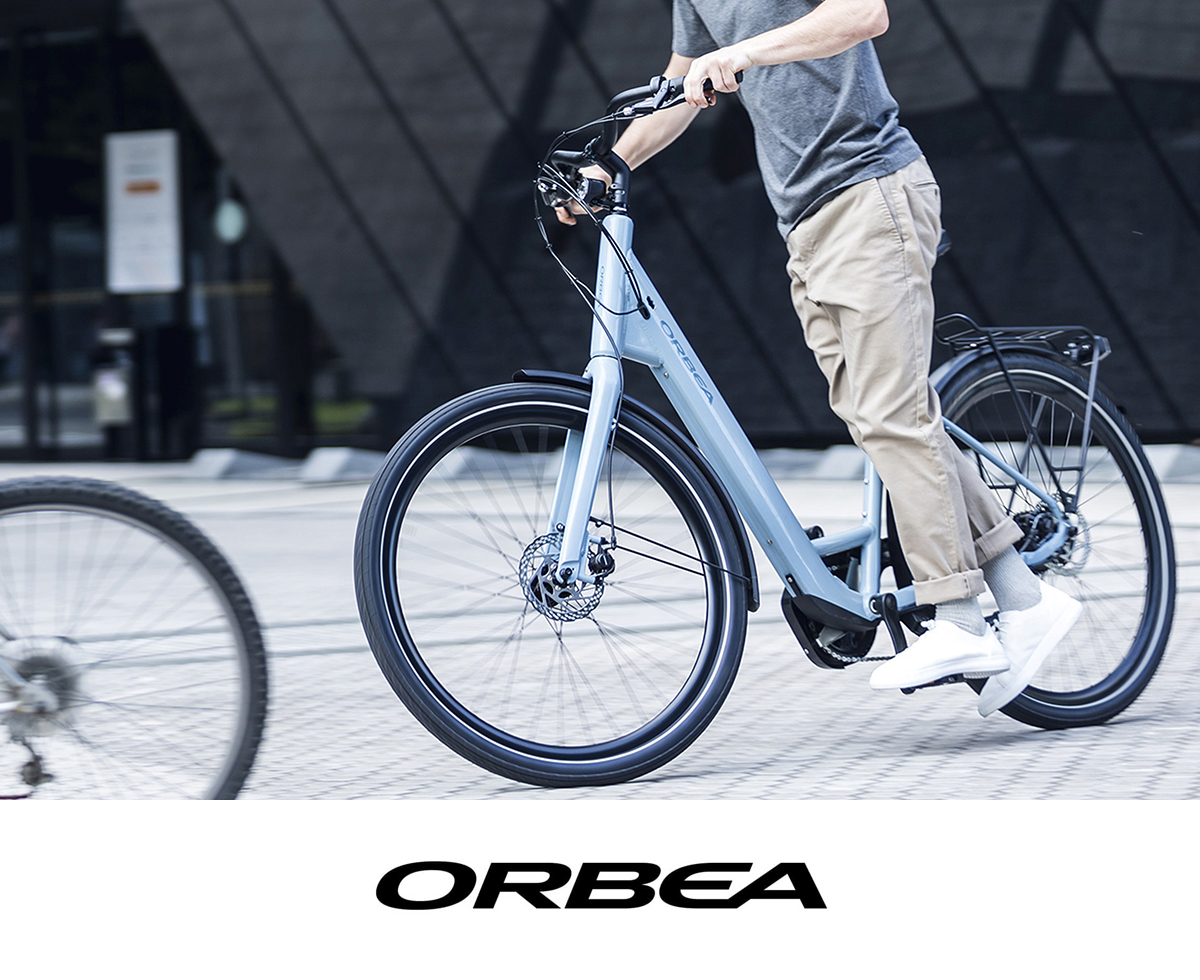21 June 2021
Lightwood partners with Orbea
Currently local authority investment in cycle routes tends to focus on the few miles closest to the city centre. But e-bikes make it much easier for many more people to travel longer distances, opening up cycle commuting from those living in outer suburbs and even rural areas.
Lightwood has teamed up with one of Europe’s largest e-bike manufacturers and leasing companies Orbea.
Lightwood is the planning consultancy and land promoter behind large scale new communities including Culm Garden Village in Devon (2,700 new homes), Shapley Heath Garden Village in Hampshire, (5,000+ new homes) and South Wokingham (1,000+ homes).
Lightwood and Orbea will be offering free access to e-bikes for all new residents.
But key to the success of getting residents commuting by bike and not car, is putting e-bike networks at the heart of any new major development, according to Lightwood’s director James Sorrentino:
“There is a very real opportunity to slash emissions in UK cities and towns. The growth in e-bike usage – and the much greater distance range they offer – opens up commuting into city centres not just for younger, urban dwellers, but for people living at, and beyond, the edge of the city.
“As a developer we have totally revisited our approach, and now put e-bikes at the heart of any masterplan for our new developments.
“This is partly about the practical things: ensuring we provide bike routes that connect to the wider cycle and road network; ensuring e-bikes are available within a short walk of all homes; ensuring there is a sufficient number of well-maintained e-bikes for all users; providing free use of e-bikes to make it affordable for all residents, so it is equitable; providing bike hubs at key public transport points, like nearby train stations and key bus stops.
“But it’s also about creating and nurturing a culture where that community thinks it as normal to hop on an e-bike as it is to jump on a bus or train. And where there is a shared pride in reducing emissions. That can be supported through cycle clubs, cycle workshops, cycle cafes, engaging signage etc.
“We’re even looking at providing free off-road e-buggies for less abled people to enjoy the open spaces and parkland designed into our schemes.
“And now we have joined forces with Orbea to ensure all our proposed developments will provide residents with free e-bike use. This is a really great partnership with one of Europe’s e-bike pioneers.
“We think this approach – putting e-bikes at the heart of development masterplanning – should become a mandatory requirement.
“Of course, one of the key issues is ensuring that cycle networks – whether that’s dedicated cycle routes or safe cycle lanes on roads – have the right investment. Clearly this is under the control of the highways authority (usually the local council), but of course developers often pay for most of this work to be done.
“Investment in dedicated cycle routes focusses on the first five or so kilometres, on the basis that’s how far most cyclists will normally commute. But e-bikes have totally transformed how far people can and will cycle to work.
“It’s not that most people can’t cycle more than three or so miles on a standard bike…it’s just a lot easier, a lot less sweaty, and a lot more people are willing to do it on an e-bike. We can certainly expect people to happily cycle on an e-bike ten kilometres…so double what would be typically expected for a standard bike.
“And, of course, the further people commute the more they pollute – unless you get them out of their cars. So, local authorities should focus on ensuring those cycle routes reach right to the edge of their cities.
“This is not to diminish the role electric cars play in reducing emissions, but when you consider manufacturing, e-bikes use ten times less carbon than e-cars. And electric cars remain out of financial reach for many, if not most, people. So, it really is time to take e-bike commuting seriously.”
Orbea’s UK and Ireland Country Manager Damian Hackett said: “There has been rapid progress in e-bike technology and affordability. We’ve seen a huge surge in the number of people cycling to work – in just 12 months the use of Europe’s cycling lanes has grown from 11% to 48%.
“The Swiss city of Lausanne has already made a commitment to remove all vehicles with internal combustion engines from the city by 2030…there’s no reason we cannot achieve the same in the UK, and e-bikes will certainly play a key role.
“Orbea and Lightwood share the same vision, to reduce carbon emissions and increase healthy living in communities – ‘active travel’ as it is known. We are working in partnership to integrate e-bike travel into the new communities Lightwood is promoting.”
Ian Philips, senior research fellow (ESRC Fellowship), faculty of environment at the University of Leeds, says that people who use an e-bike to replace car travel are physically capable of cutting car CO2 by up to 50%: “Even if we realised a fraction of that capability, and even being humble about the fact that no technology is a panacea, e-bikes are strategically important to decarbonisation.
“The greatest opportunities for carbon reduction are for residents of rural and suburban areas. In parts of major city centres, savings are on average around 200kg per person. But in a lot of rural areas, people have the capability to knock 1,000kg off their transport carbon by switching to e-bike use from cars.
“Not everyone in every community could make use of an e-bike, but in many rural and suburban communities, there are many people who are physically capable of replacing over 5,000 kilometres of car use each year.”




